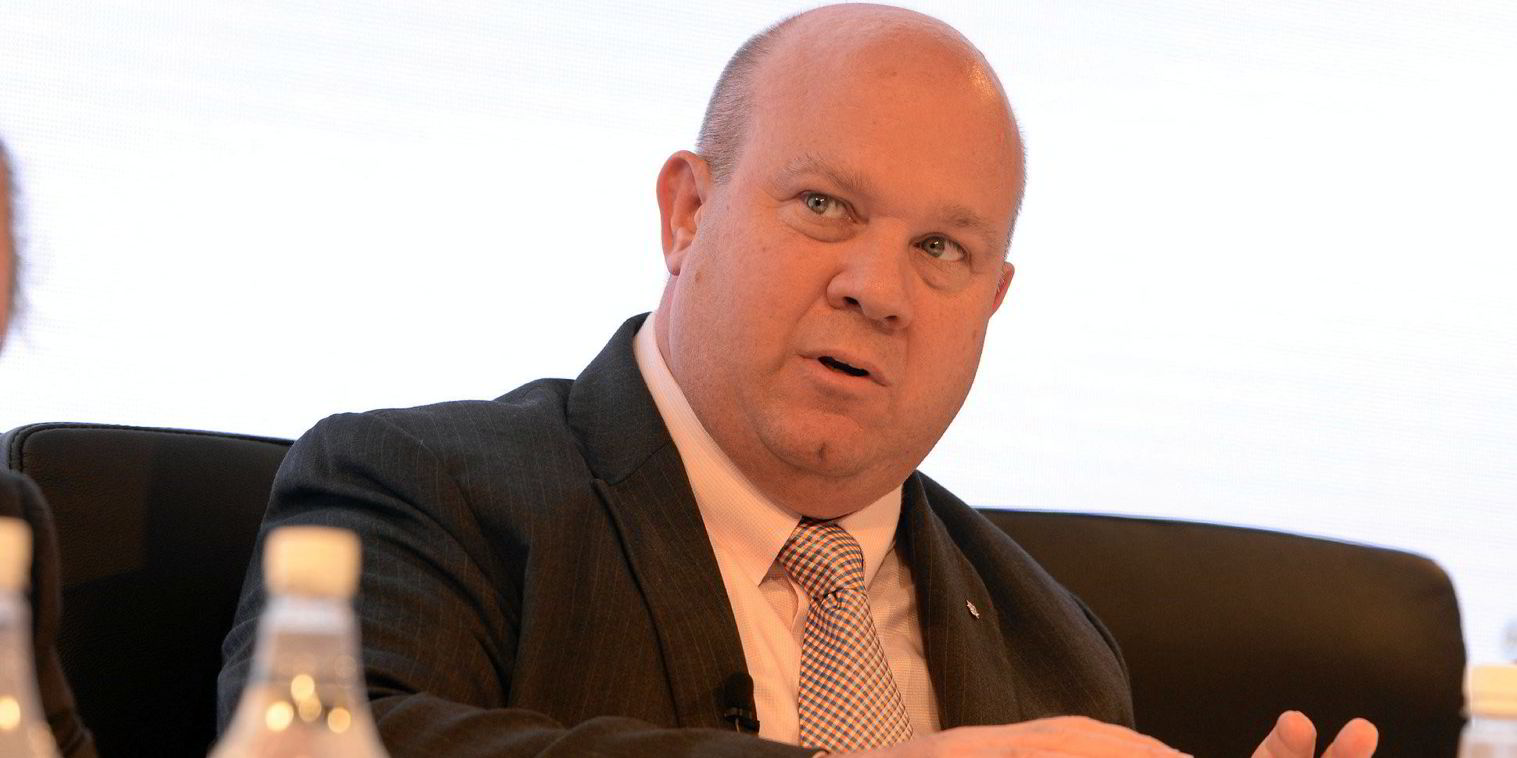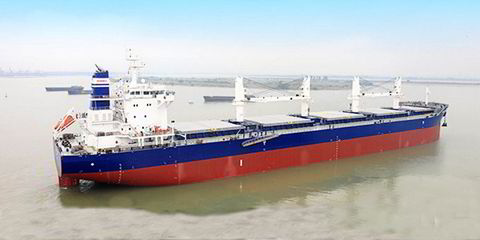It’s a process.
That as much as anything was the takeaway from a group of Poseidon Principles experts and they hailed progress to date on the green-lending initiative on Wednesday while acknowledging the need to refine and improve how data are analysed.
The webinar organised by Marine Money gathered some of the leading lights of the lending protocols, including chairman Michael Parker of Citi and vice-chair Paul Taylor of Societe Generale. Also joining were Bud Darr, executive vice president of the shipowning MSC Group, and researcher Arlie Sterling of Marsoft.
While conversation focussed on progress since the principles were launched in 2019, the elephant in the room was how altered measurements of the cruise industry's 2020 carbon output had placed several signatories – including Citi and Societe Generale – above their benchmarks in a report issued last December.
The change saw the International Maritime Organization bring distance travelled into the cruise equation just as ships were being idled and forced into warm lay-up by the Covid-19 crisis. Thus while absolute emissions dropped sharply, the lines were dinged for the ratio of emissions to miles travelled.
“It’s difficult to compare 2020 with 2019 because there was quite a significant change in methodology,” Taylor told the panel, which was moderated by Global Maritime Forum chief executive Johannah Christensen.

“It was an awkward time for the IMO to do that. Cruise went from the best results [by operating segment] in 2019 to the worst results in 2020. Cruise companies are looking at whether we should look at absolute emissions going forward. Cruise distorts the results.”
Darr also raised the subject, noting that while MSC is best known as a container ship behemoth, it is also the world’s third-largest cruise operator.
“How the results get applied is important,” Darr said. “We haven’t found the right metric yet. Cruise lines found almost the perfect solution to decarbonisation: they stopped operating. Now that’s not sustainable from a business view. But the performance looks much worse, even as the actual emission profile went way down.”
Remembering the goal
Darr also cautioned, however, that all the fuss with metrics risks getting so deep in the weeds that one can forget the greater purpose of the Poseidon Principles, launched in 2019 as an initiative by major shipping banks to disclose publicly whether the vessels making up their loan portfolios were reducing emissions in line with IMO decarbonisation rules.
“Whether you’re a lender or a shipowner, the measure of success or failure is going to be, “Did we actually decarbonise?” he said.
Parker highlighted a change in market dynamics that will see future financing decisions increasingly driven by cargo interests.
“Shipping is no longer about the ships, it’s about the cargo,” he said. “Shipping will almost become global utilities.”
Christensen called on economist Sterling to cut to the chase in evaluating the progress of the Poseidon Principles by applying a number grade, with one the worst and 10 best.
“It’s somewhere above a five, but I wouldn’t say above a seven at this stage,” Sterling said. “There’s still a lot of discussion to be had around various metrics, but I’m in Bud’s camp. If the carbon goes down, that’s great. So maybe a six.”






